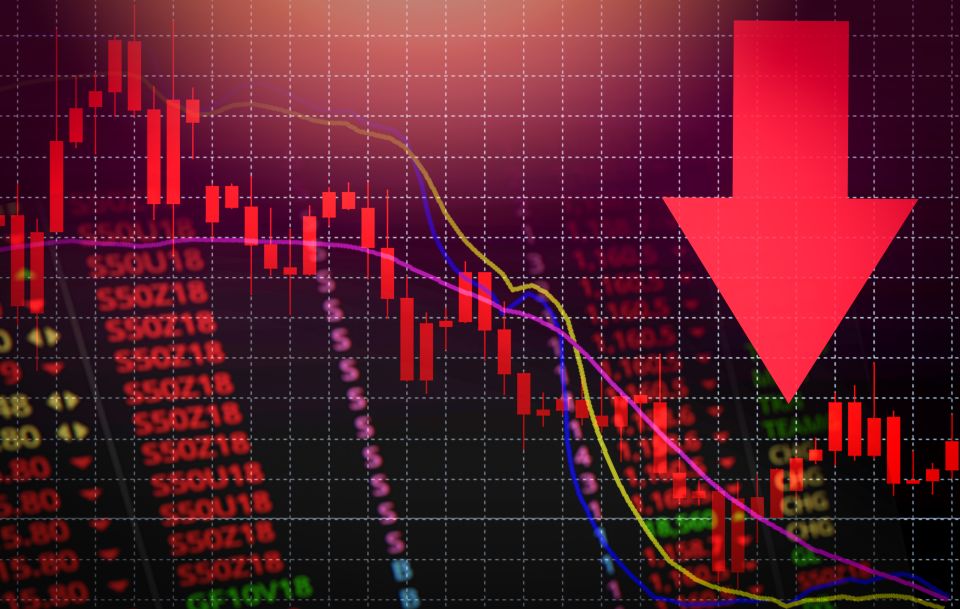- At Globe Live Media we explain why September was the worst month of the year for Wall Street and why
We had already warned: September was the worst month of the year for Wall Street, as the performance of the Stock Exchange and the main stock market indices of the financial markets were rock bottom after registering substantial losses.
And there are not a few financial specialists who have warned that inflation has played a fundamental role in this disastrous performance of the US stock market. At Globe Live Media we explain why.
Why is it said that September was the worst month of the year for Wall Street?
The results speak for themselves. Or rather: the losses recorded by the main stock market indices speak for themselves.
Then a temporary bull rally, also referred to by Wall Street insiders as a “Bear Market Rally” in which the S&P 500 index rallied 17% through mid-August, the drop has been monumental, leaving this stock market index (one of the most important because it brings together 500 of the largest companies in the United States) with a decrease of 9% during the month of September and a fall, this year, of about 24%.
The Dow Jones stock index (DJIA, for its acronym in English), which groups the performance of the 30 most important industrial companies in the US, is at its worst since March 2020, according to a report from CNNBusiness.
Meanwhile, the Nasdaq stock index, which groups the main technology companies in the US, has registered losses of more than 30% during 2022, and 10% of said losses occurred in September.
Why is it dangerous for your pocket that inflation also affects the Stock Market?
In general, inflation not only affects people’s purchasing power, that is, their pockets, but also the returns that investors can receive from their investments in the Stock Market. The reason, in both cases, is the same: the purchasing power of your earnings, and of your income, decreases as inflation increases.
But the biggest problem with inflation is the collateral effect it produces: that the Federal Reserve decides, consequently, to increase interest rates to reduce the upward trend in product prices.
This is what explains part of the current state of the financial market and why it is expected to continue sinking in the coming weeks.
In fact, the biggest losses came right after the Bureau of Labor Statistics (BLS) released year-on-year inflation rates for August, which showed inflation declining but not enough to stop the monetary policy of the Federal Reserve, which recently increased interest rates by 0.75%.

